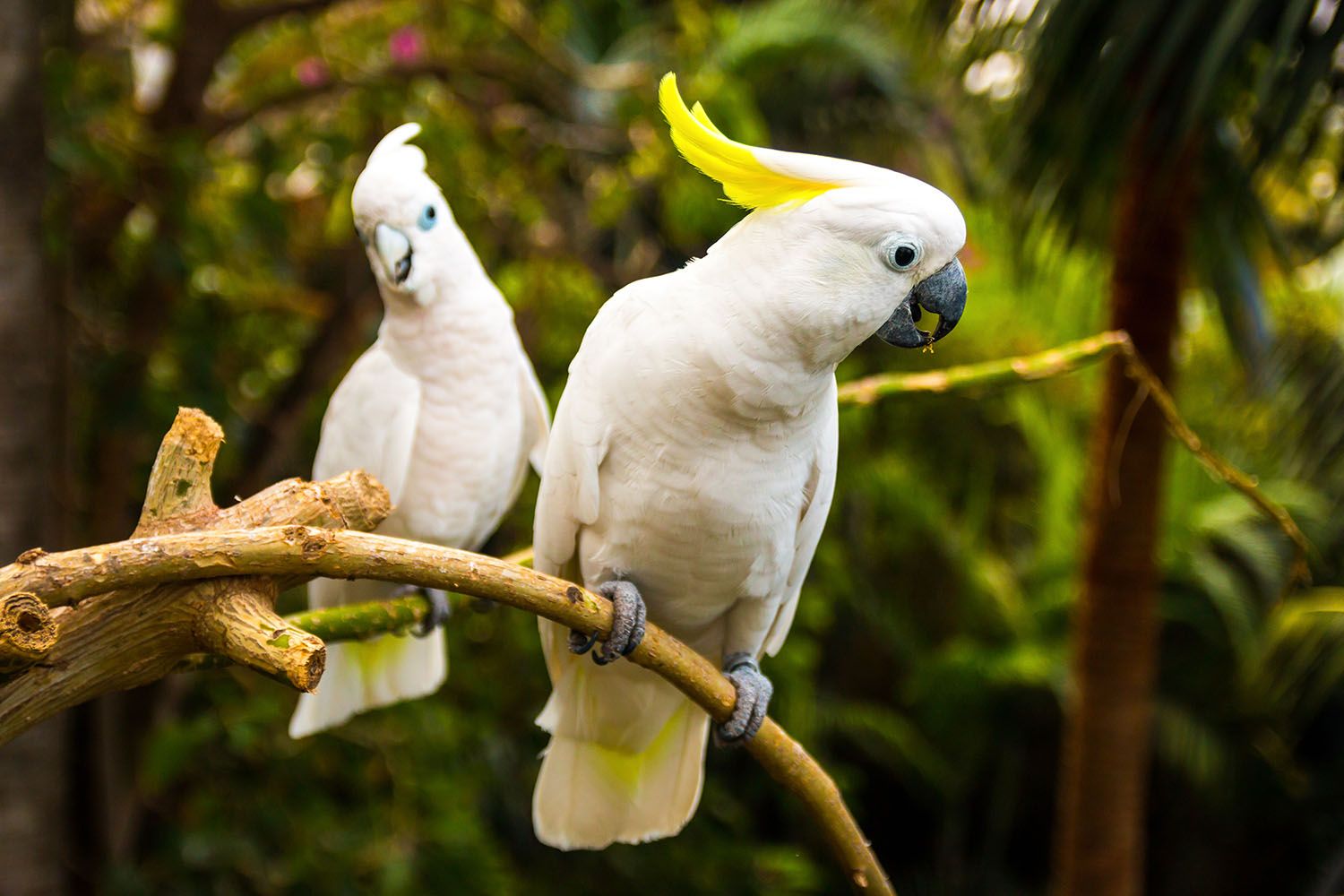Thinking About Adopting a Bird? 5 Things to Know

Interested in adding a bird to your home? Great! Birds are intelligent, social creatures, that don’t require much grooming or maintenance. However, most birds are anything but quiet, and they do require a lot more interaction than you may realize. It’s a good idea to do your research before adding a bird to your life.
Here are some things to consider:

Find an Avian Veterinarian
Birds are prone to disguising their illnesses, so signs of a sick bird can be subtle. Perhaps their eyes have lost their spark, their posture has changed, their feathers are ruffled or matted, or the bird is less active or talkative than usual. Watch for slight changes in your bird and act when you notice something is off. Birds respond to stress in many ways, so it’s important to forge a relationship with a local avian veterinarian. You’ll need to find a veterinarian who specializes in avian medicine. It’s a plus if that vet is a member of the Association of Avian Veterinarians.
Consider the Needs of Your Bird
Depending on the type of bird you bring home, you should have the appropriate space and enclosure. Talk to your veterinarian — or even the breeder or rescue — about what your type of bird will need. A pet dove, for instance, likes to roost on a flat surface and will prefer to walk around on the floor of its cage hunting for seeds. A macaw needs a huge cage — the bigger the better — and will prefer a perch of its own in every room, so it can hang out with you. Parrots and cockatoos need lots of toys and other interactive materials, such as pieces of wood that they can safely chew up and destroy.
Stock Up on Safe Snacks
Birds eat seed mixes and pellets, but it’s a good idea to supplement. As healthy additions to a balanced diet, nothing can replace fresh fruits and veggies. Vegetables such as broccoli, yams, peas, and carrots are more desirable and more nutritious than lettuce or celery. Fruits like apples, bananas, and grapes are excellent choices. Avoid giving citrus fruits to your bird unless your avian veterinarian suggests them.
Find out what types of foods your bird will like and can eat safely. There are plenty of treats available that are species-specific and perfect for birds. Try not to feed too many table scraps, especially spicy foods. Never feed chocolate, liquor, or caffeinated beverages to birds. Avocados should be avoided at all costs.
Bone up on Behavior
Birds are intelligent animals and are quite easy to train. Handling the bird regularly will make training easier and will keep the bird calm and accustomed to whatever needs to be done. Ask them to step up on your hand, hold him, cuddle him, and pet his feathers. Some birds can be prone to biting, but there are humane methods to discourage that behavior. Some owners like to take it a step further and train their birds to do cute tricks with little props, such as riding a scooter or playing the piano. Talk to your avian veterinarian for referrals to behaviorists in your area.
Remember that Birds Aren’t Decor
Although birds are beautiful, they’re not inherently designed for life in a cage. They can be noisy, mimicking words or sounds they hear in their environment. The best bird owners keep their pets caged only at night. A bird is a social animal, and many of them, especially exotic ones like parrots, require a lot of interaction. If they aren’t interacting with humans for at least several hours a day, they can become self-destructive. Birds also need sunlight just as we do! At least four hours a day for Vitamin D.
Finally, keep in mind that a bird might be with you for decades. Some species may live more than 50 years. When you’re adopting a bird, it’s a lifetime commitment!
Need a vet? Call one today.
Your pets deserve the best healthcare. A sick or injured pet is scary, but finding a local veterinarian shouldn't be.
